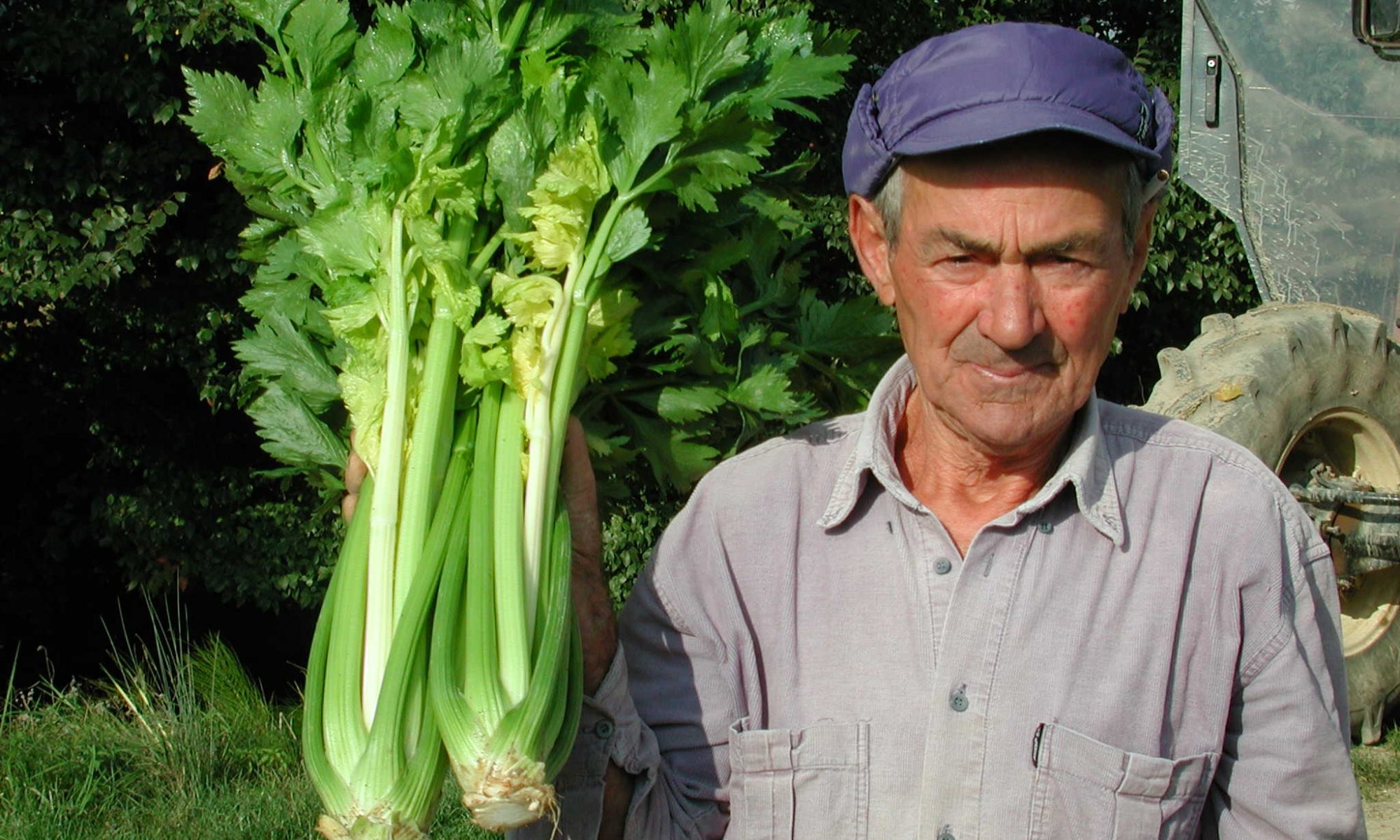Plant genetic resources for food
and economic security
Plant genetic resources—our crop plants and their related wild species, and the genetic diversity they contain—are essential for our food, nutrition and economic security.

Humankind has been adapting crops for thousands of years to make them more productive, nutritional, palatable and suitable for processing into marketable products.
The production of new or diversified varieties of crops is today a continual process undertaken by farmers, gardeners and plant breeders as they strive to improve productivity, flavour, texture, nutritional and handling qualities, and a range of other characteristics associated with crop cultivation and harvesting.
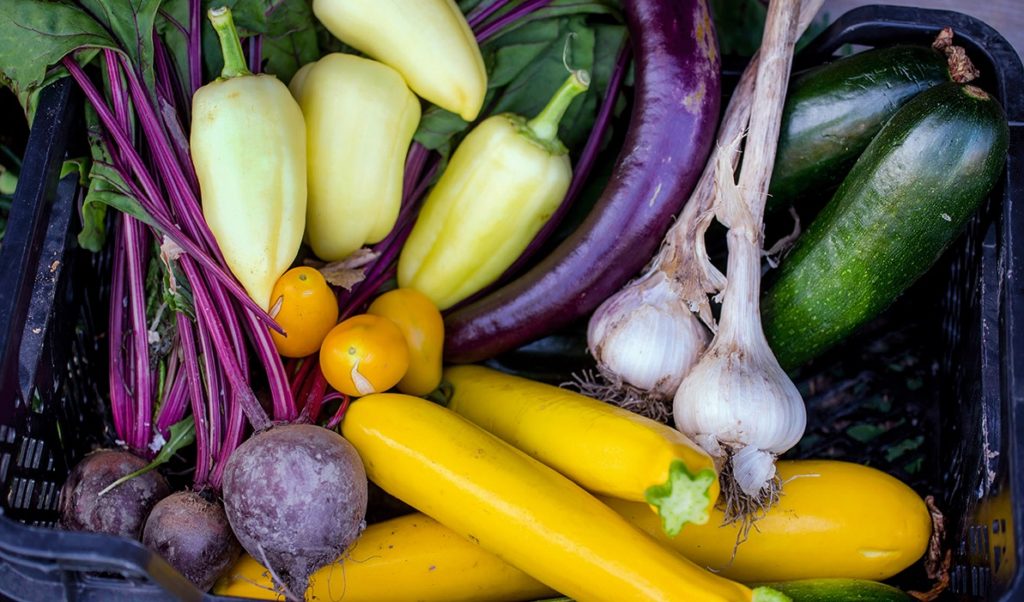
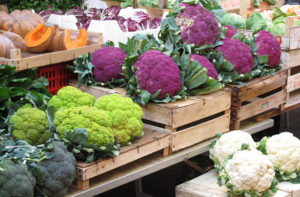
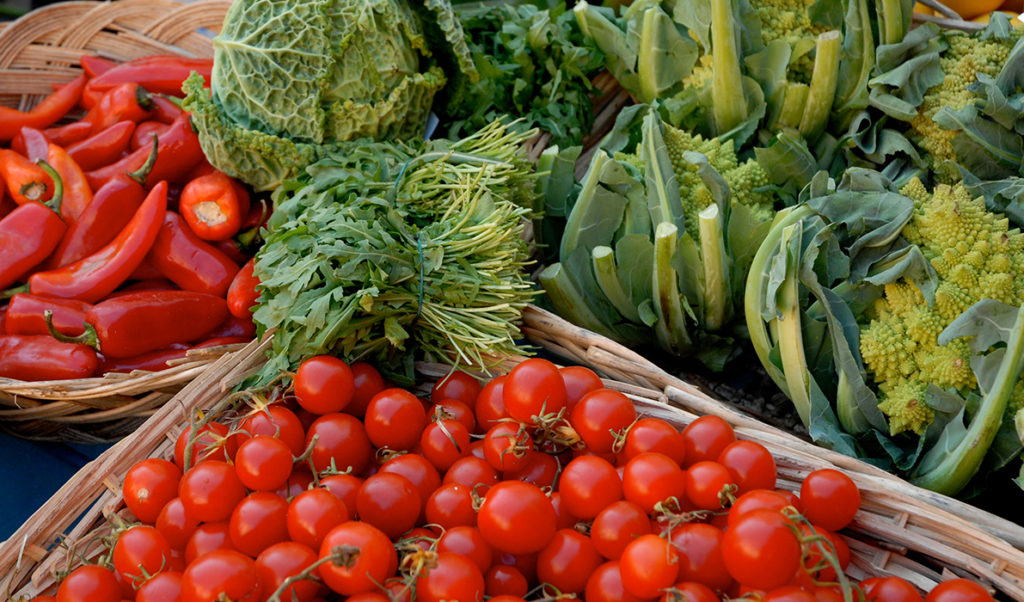
In current times of global transformation—including the rapidly increasing human population and climate change—greater diversity is needed to sustain food supplies than ever before as the environmental conditions in which crops are cultivated become more extreme, changeable and uncertain.
Threatened resources
A range of factors driven by anthropogenic pressures and economic interests are threatening plant genetic resources we depend on:
- Loss, modification or fragmentation of natural habitats driven by demands on land use
- Intensive and unsustainable farming practices
- The wide-ranging impacts of climate change on the environment, such as drought, flooding and extreme weather events
- The cultivation of modern cultivars to the exclusion of local crop varieties driven by global market demands
- Environmental pollution caused by industrial processes
- Competition from alien invasive species.
The conservation of plant genetic resources is essential to ensure that a wide range of diversity is available for future use to help safeguard the survival of humankind.
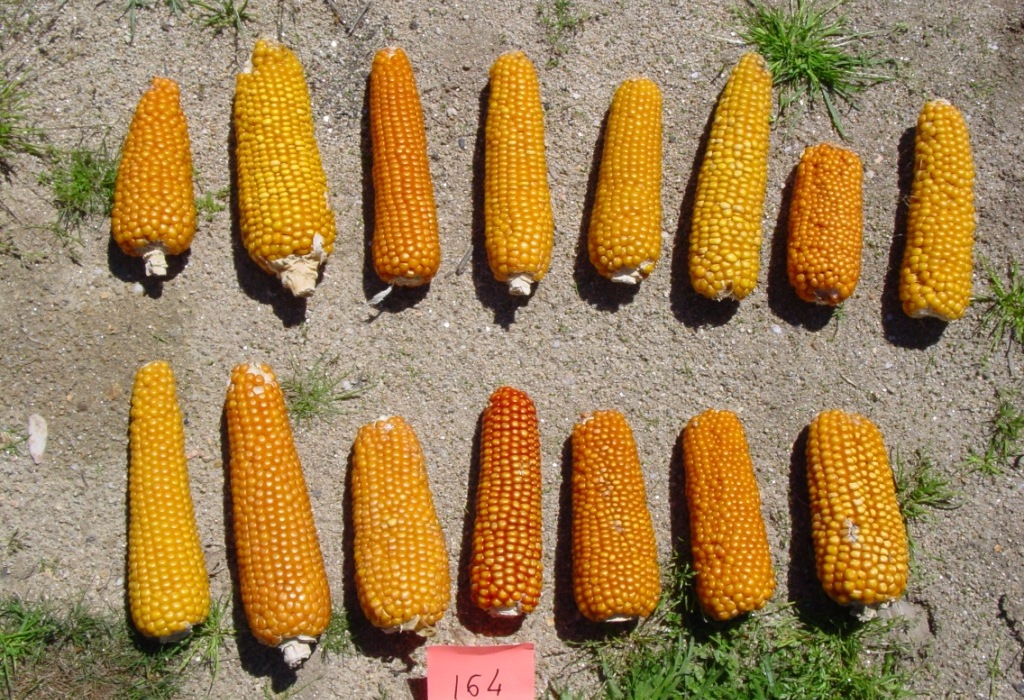
While the importance of maintaining plant genetic resources is globally acknowledged through internationally agreed legislation, a dichotomy exists between this long-term requirement and the more immediate demands of providing food, housing, work and adequate living standards for an increasing world population.
Action to conserve plant genetic resources
Around the world, a large number of organizations and individuals are working hard to conserve plant genetic resources for the benefit of humankind, including advocating for adequate resources to enable a step change in their conservation.
In Europe, these actions have helped to secure resources to address the challenges of conserving plant genetic resources in situ—that is, in their natural habitats in the case of wild species or in the locations where they are cultivated in the case of local crop varieties—which is essential to maintain diversity that is continually adapting to local environmental conditions.
The Farmer’s Pride project is bringing together key actors from across Europe to create a permanent network for in situ conservation of plant genetic resources throughout the region.
To achieve this, the project is building on existing mechanisms, such as Europe’s protected area system, seed banks and numerous stakeholder organizations, to establish networks of sites and custodians of plant genetic resources, as well as the governance structures needed to ensure effective functioning and longevity.
Farmer’s Pride –
what we are doing
From improving knowledge of the conservation and management of plant genetic resources in the region, to understanding how to enhance their sustainable use, read more about what we do.
